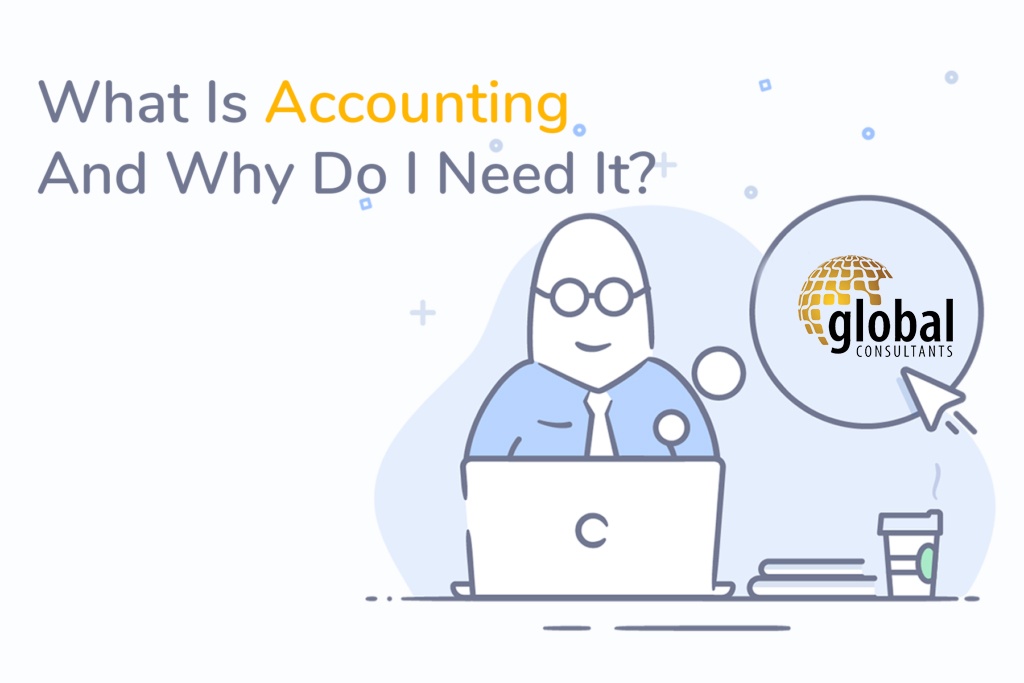
Accountants have been around for just about as long as humans have engaged in trade and commerce. This makes sense, because if we want to do business with each other in any kind of organized way we need a system to keep track of all of these exchanges. And that’s where accounting comes in. Double-entry bookkeeping emerged in Medieval Europe and has been used by business big and small ever since. Thankfully, today we have handy accounting software to help us manage our financial records and no longer have to rely on manually- completed ledgers and spreadsheets.
Categories of Accounting
There are two basic categories of accounting: financial accounting and managerial accounting. Financial accounting deals with information that is made public to shareholders, customers, creditors, and regulatory bodies. Managerial accounting deals with information that is not shared with the public, such as salaries, profits, and the cost of goods produced. The goal of managerial accounting is to help company managers and supervisors make financial decisions, whereas the goal of financial accounting is to provide important financial information about your company to those outside of the business. For most small business owners, “accounting” is managerial accounting.
What Does Accounting Allow You to Do?
Accounting is essential if you want to be able to grow your business in a way that can be measured and predicted. Having a system of tracking your business’ assets, liabilities, and income lets you to make smart, informed business decisions based on the past performance and present financial health of your company. With a clear, organized accounting system you can not only analyse your company’s financial data but also help it grow and make profits.
Sound accounting also helps you satisfy your customers. Knowing where your company stands financially in terms of income and expenses will help you better understand what you need to do in the future to maintain that level of customer satisfaction and grow your business.
Need more evidence? Accounting also helps you track who owes you what, what you owe to who, manage payroll records, track loan and interest repayments, attract potential investors, maintain a budget, and perhaps most importantly, sets you up with the financial data you need when it comes time to file and pay your company’s taxes.
Who Handles Your Company’s Accounting?
It really depends on the size of your business and how quickly you expect to grow. While a public company will normally appoint a Chief Financial Officer (CFO) to handle the company’s finances, a smaller company may find it useful to hire an external accountant to help keeping proper accounting records up to date. Your company’s accounting may also be handled by an in-house accountant. It’s important that entrepreneurs have a good grasp on the business finances, especially in the early days. Whoever handles the accounting, good accounting software is going to make their job a whole lot easier.
The Importance of Accountability
While accounting allows you to do all these great things, it is also supremely valuable in a defensive sense. When the accounting is done properly, the exposure to risks such as fraud are significantly minimized. And should the government ever conduct an audit on your company, your accounting history is going to be your best friend. In a way, accounting is the quantifiable conscience of the business world.
Contact Us
Please feel free to contact us, without commitment or obligation, for your complete accounting and financial solution.
Executive Director
George Panayiotou at: [email protected]
General Enquiries: [email protected]
Office Phone: (+357) 24629800
Office Fax: (+357) 24629801
Office Address : 5-7 Griva Digeni Street, G&S Court, 4th Floor, 401 Office 6030 Larnaca, Cyprus
Website: www.globalconsultantgroup.net


